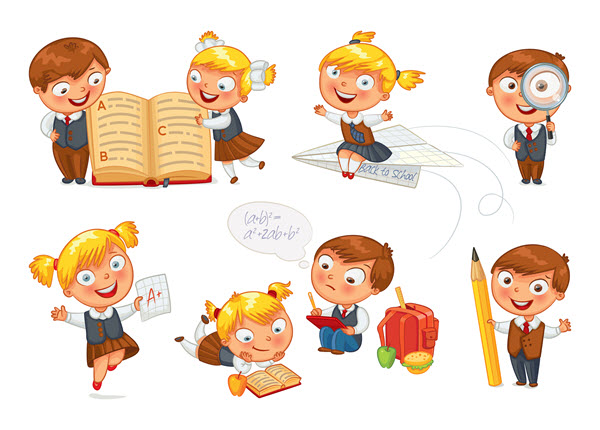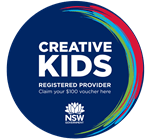The skills learnt also translate to all other areas of learning due to the impact music (complex music) has on the brain and the child’s development.
The research is worldwide that has shown that children exposed to quality music and music instruction have accelerated brain development in the areas responsible for the development of language. They have increased reading skills, learning experiences which fine tune their ear, and enhanced speech perception.






